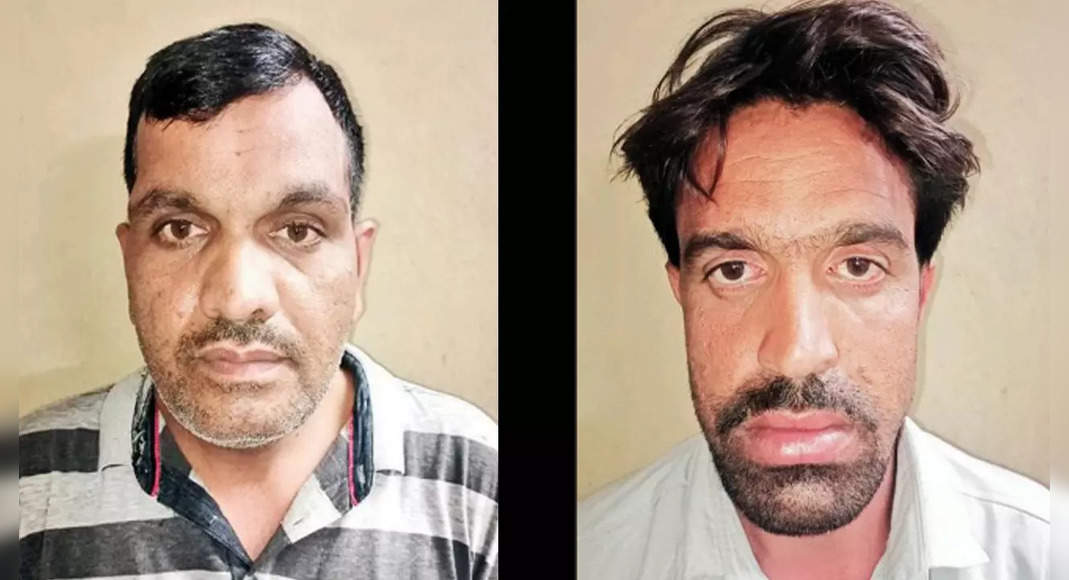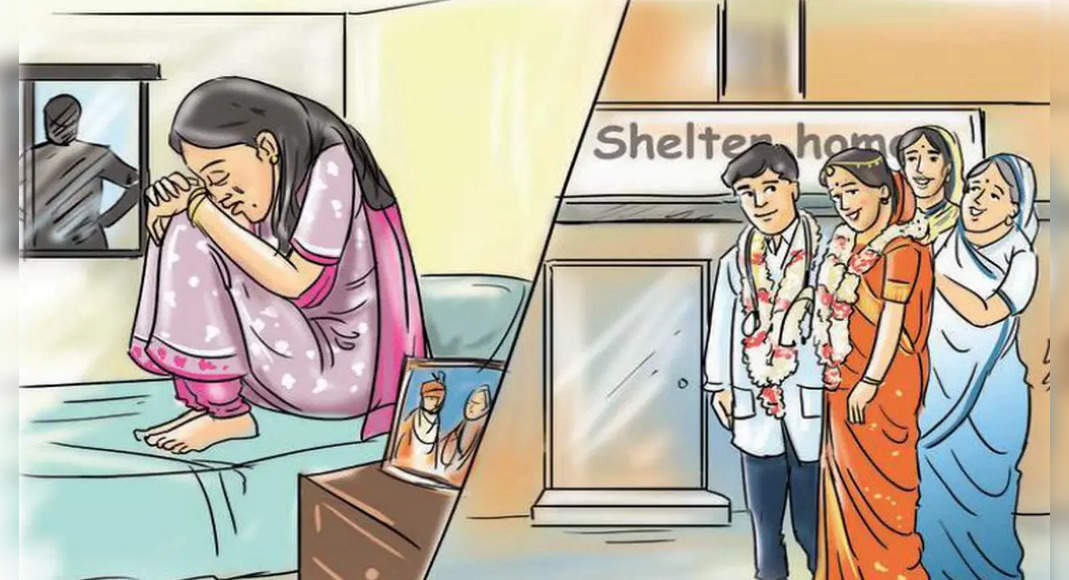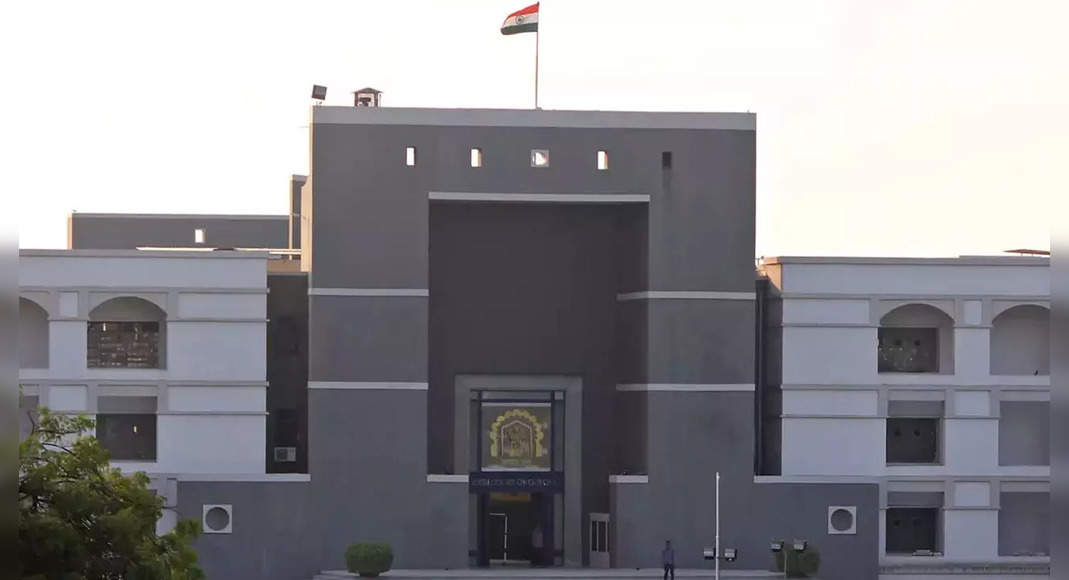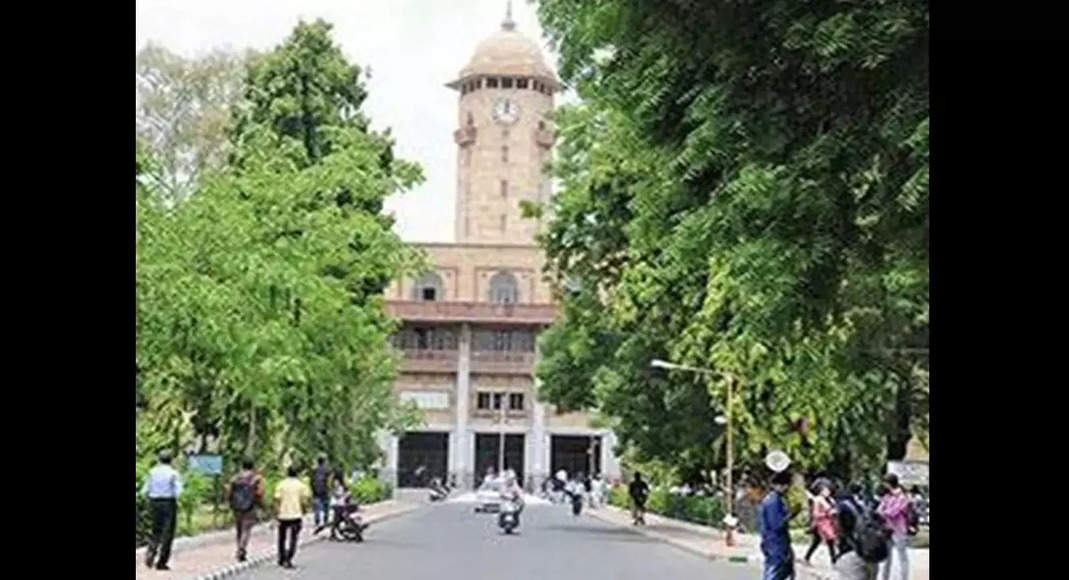Ahmedabad: About 29% of the family members of the Covid-19 patient found to have Seroprevalence – a phenomenon in which pathogens for certain diseases or infections are found in the bloodstream – in Ahmedabad.
The amount is higher than the general population where the number is 26%.
Analysis, based on Sero survey data conducted by AMC in October last year, was published in the recent edition of the Journal of Health Science & Medical Research.
The Sero survey includes 17,000 citizens, while the analysis of its impact on direct contact has at least 10% or more than 1,700 samples.
Samples were processed by AMC-Run Hospital – AmcMet, Maninagar, and NHL MMC, Ellisbridge – showed that for other contacts, Seroprevalence was 24.4%.
In addition, this study indicates that women have slightly higher seropocytivities between family and other contacts.
It was 29% and 26.8% compared to 28.6% and 22.4% of them.
“It is very likely that the second wave during April-May, which records the number of very high cases, also provides higher seropositivity to families and communities in general,” said an epidemiologist.
‘It can be said that around the fourth of the total contact has received an immune response without being identified as a confirmed case,’ said research.
The researchers also emphasized contact and isolation searches as an effective strategy based on evidence.
The study added that there was an increase in seropositivity when the age of citizens increased, but decreased steadily after 60 years.
Experts say the dynamics of immunity and infectivity will decide how the third wave potential will release.
“If there is a high seroprevalence as shown by the recent SERO survey, the possibility of extensive infection can be minimized.
At least there may be a lower mortality rate.
In the first wave, the infectivity is relatively lower, which according to the Delta variant increases this year’s manifold,” epidemiology said.






